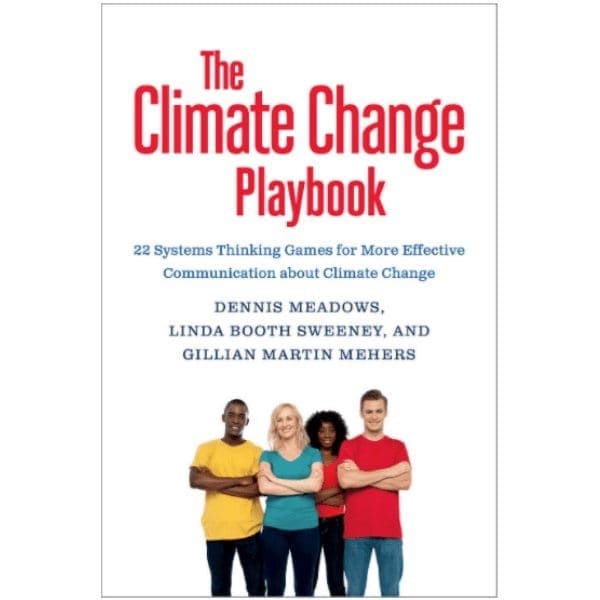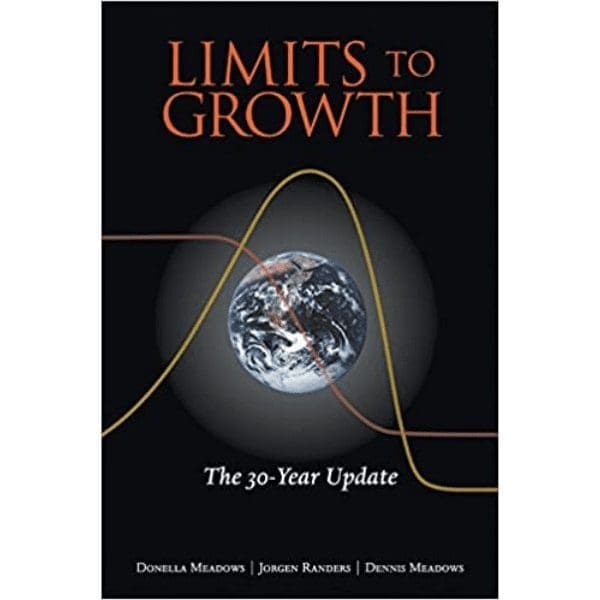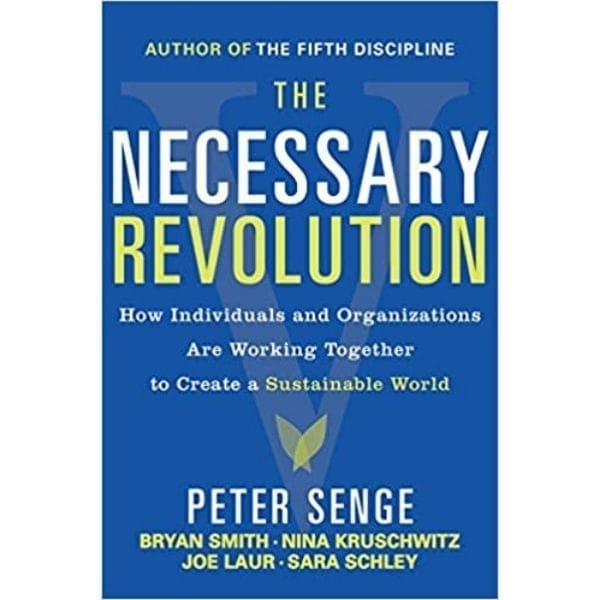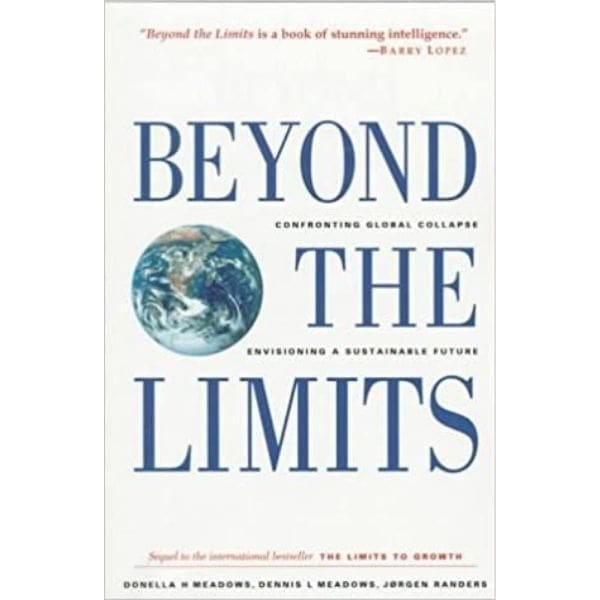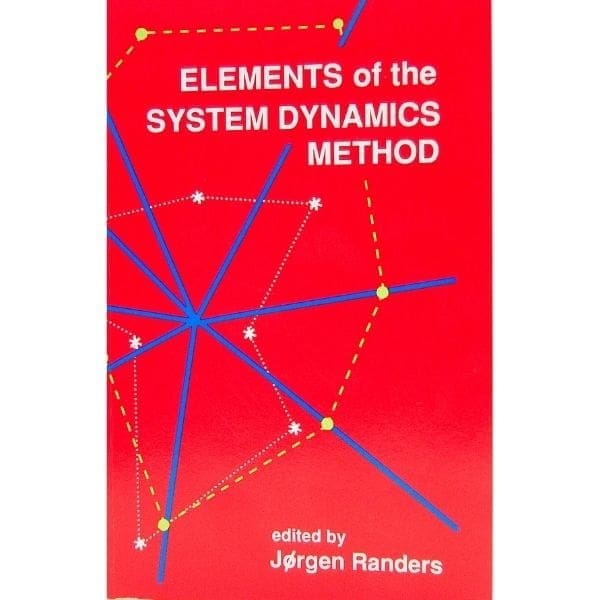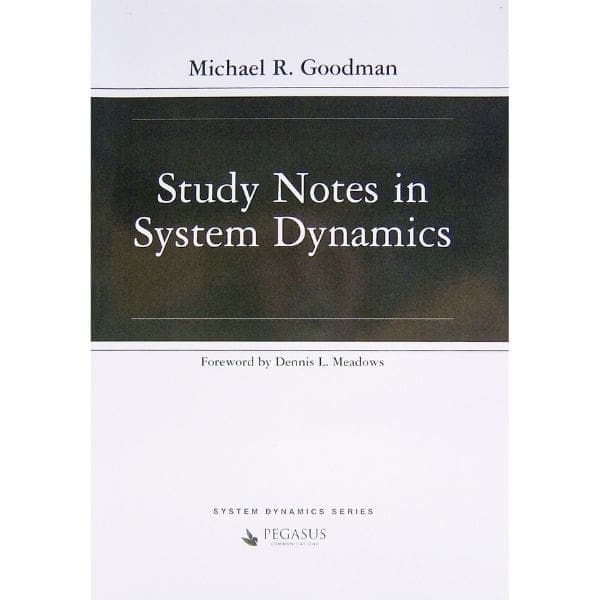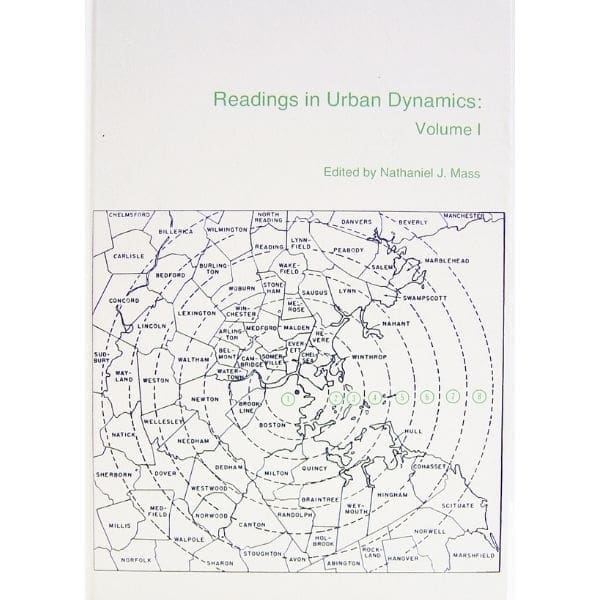$24.95
by
The simple, interactive exercises in The Climate Change Playbook can help citizens better understand climate change, diagnose its causes, anticipate its future consequences, and effect constructive change. Adapted from The Systems Thinking Playbook, the twenty-two games are now specifically relevant to climate-change communications and crafted for use by experts, advocates, and educators. Illustrated guidelines walk leaders through setting each game up, facilitating it, and debriefing participants. Users will find games that are suitable for a variety of audiences―whether large and seated, as in a conference room, or smaller and mobile, as in a workshop, seminar, or meeting.
Description
byAdvocates and teachers often find it difficult to communicate the complexities of climate change, because the people they are trying to reach hold so many mistaken assumptions. They assume, for example, that when climate change becomes an obvious threat to our everyday lives, there will still be time enough to make changes that will avoid disaster. Yet at that point it will be too late. Or they assume we can use our current paradigms and policy tools to find solutions. Yet the approaches that caused damage in the first place will cause even more damage in the future.
Even the increasingly dire warnings from scientists haven’t shaken such assumptions. Is there another way to reach people?
The simple, interactive exercises in The Climate Change Playbook can help citizens better understand climate change, diagnose its causes, anticipate its future consequences, and effect constructive change. Adapted from The Systems Thinking Playbook, the twenty-two games are now specifically relevant to climate-change communications and crafted for use by experts, advocates, and educators. Illustrated guidelines walk leaders through setting each game up, facilitating it, and debriefing participants. Users will find games that are suitable for a variety of audiences―whether large and seated, as in a conference room, or smaller and mobile, as in a workshop, seminar, or meeting.
Designed by leading thinkers in systems, communications, and sustainability, the games focus on learning by doing.
The System Dynamics Society will receive affiliate compensation if you purchase this book using the link to Amazon.

